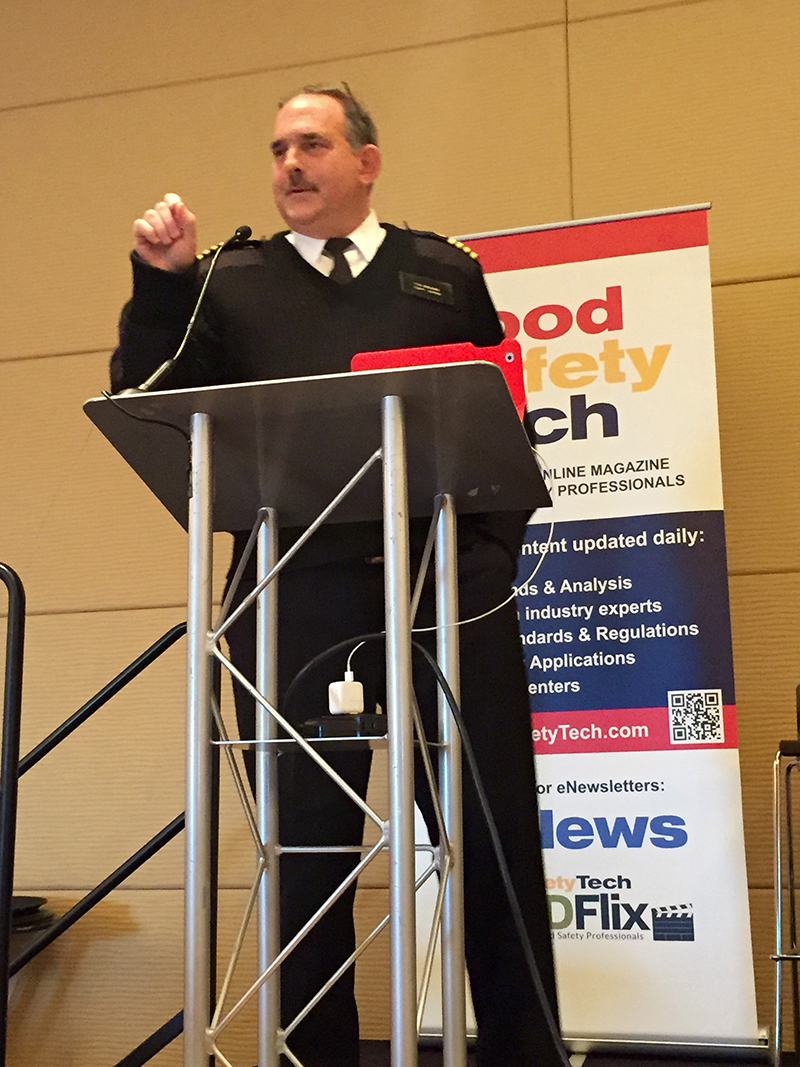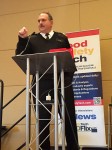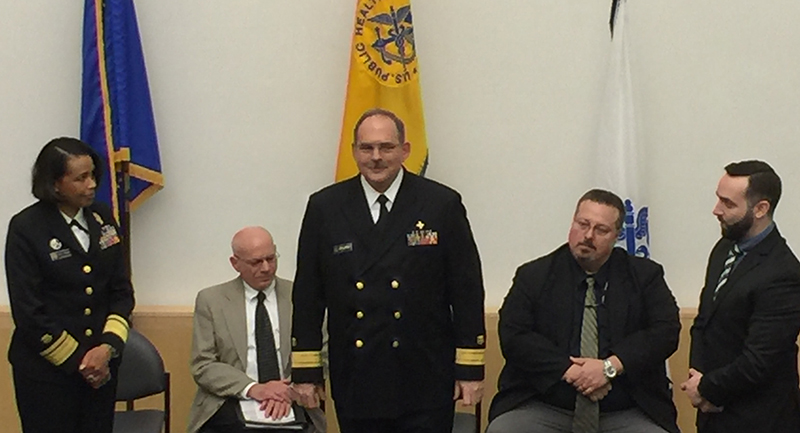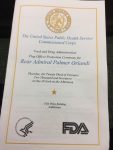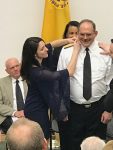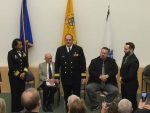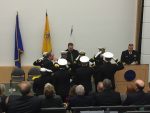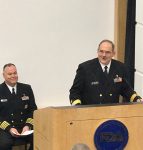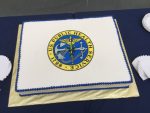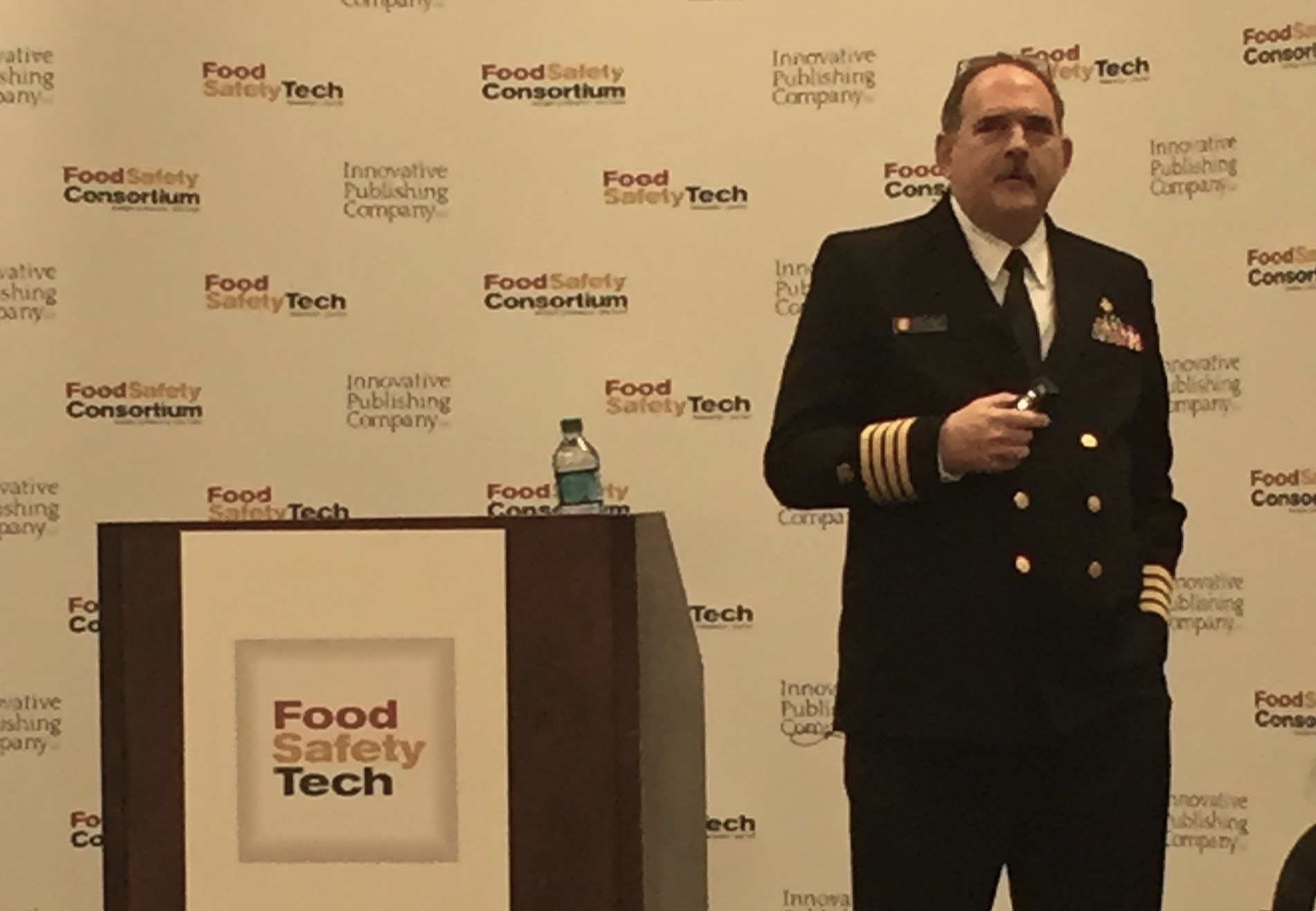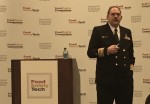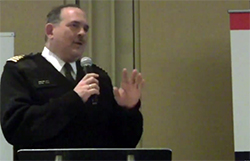Today AOAC International announced its appointment of Palmer Orlandi, Jr., Ph.D. to deputy executive director and chief science officer of the organization. Orlandi is Rear Admiral and U.S. Assistant Surgeon General, and formerly the senior science officer and research director at FDA’s Office of Foods and Veterinary Medicine. He is also and on Food Safety Tech’s Editorial Advisory Board.
“We are eager to work with Dr. Orlandi to help drive the development and execution of our science strategy to capitalize on the opportunities in front of us,” said AOAC Executive Director David B. Schmidt in a press release. “He will strengthen our ability to solve public health dilemmas and make an impact in the analytical communities. With Palmer’s impressive background and extensive knowledge in global food safety, we are confident that he will help lead and advance AOAC’s mission further as we enter our next chapter.”
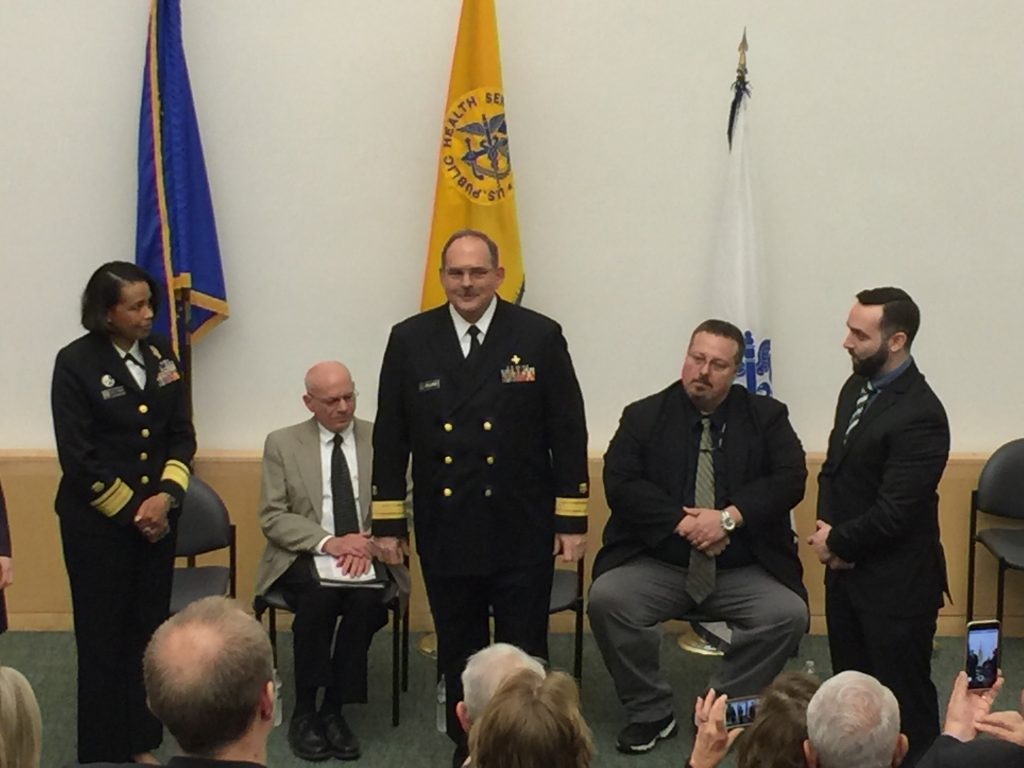
Orlandi’s appointment is effective next Monday, December 17. His responsibilities will include overseeing the AOAC Research Institute, standards development and proficiency testing. He will also engage in business development and strategic partnerships to advance voluntary consensus standards and international relations.
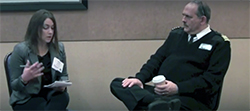
Orlandi has 20 years of experience at FDA, with his work beginning at a research lab at CFSAN. There he developed rapid and molecular detection methods for Cyclospora and Cryptosporidia and the Microsporidia (emerging food-and waterborne protozoan parasites). In 2008 he became the science coordinator in the Division of Field Science in FDA’s ORA where he oversaw collaborative analytical methods programs for ORA and the Food Emergency Response Network. In 2012 he took on the role of senior science advisor to the chief scientist officer at the Office of Food and Veterinary Medicine. He played an active role in integrating science and research efforts across the agency’s foods program, and working to align research and lab programs to regulatory field lab needs. He earned the rank of Rear Admiral and Assistant Surgeon General in 2017.

